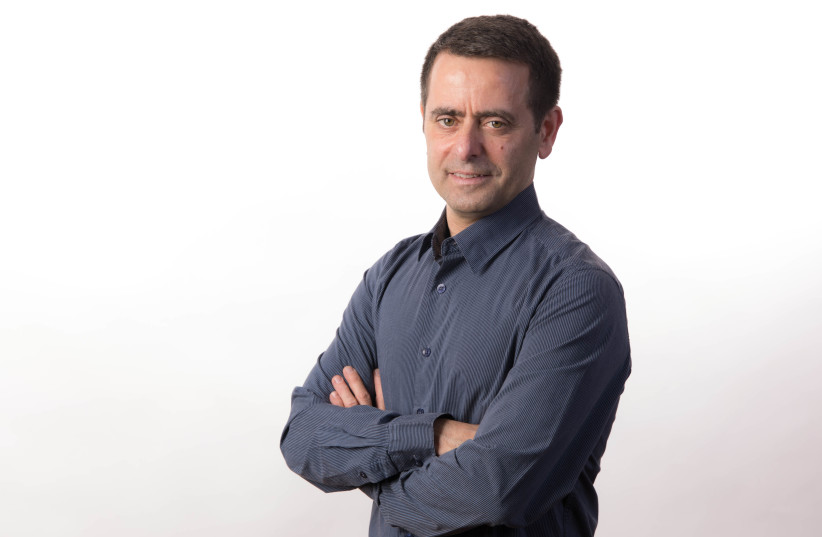Israel-based cybersecurity and application delivery solution provider Radware has launched a next-generation cloud application security center in Tel Aviv. The new center is part of Radware's strategic cloud security service growth initiative that aims to offer innovative and scalable solutions to its customers. The new security center will work alongside the company’s existing cloud DDoS scrubbing center in Israel.
The addition of the new center in Israel follows the recent rollout of facilities in other major countries, including Australia, Canada, Chile, Italy, New Zealand, Taiwan, and the United Arab Emirates, indicating the growing demand for cloud security services globally.
The company's decision to expand its cloud security footprint across major geographies highlights the increasing frequency and sophistication of cyberattacks and strong business demand for cloud security services.
According to Radware's 2022 Global Threat Analysis Report, the number of DDoS attacks rose by 150% compared to 2021, while web application and API attacks increased 128% year over year, significantly outpacing the 88% increase in attacks between 2020 and 2021. These alarming figures highlight the need for businesses to take proactive measures to secure their digital assets.
“Fueled by the increasing frequency and sophistication of cyberattacks and strong business demand, we continue to expand our global cloud security footprint across major geographies.”
Haim Zelikovsky
“Fueled by the increasing frequency and sophistication of cyberattacks and strong business demand, we continue to expand our global cloud security footprint across major geographies,” said Haim Zelikovsky, Radware vice president. “The cloud security centers combine state-of-the-art protection and ultra-high bandwidth performance to defend against the most harmful network and application attacks.”

Cloud-based services as remote work rises
The business sector has seen increasing dependence for cloud-based services, a trend which has been contributed to by the steady rise of remote work.
According to a McKinsey study, 98 million workers in the US now work remotely, and a Deloitte study found that 77% of respondents said their decision to switch jobs was driven by a desire for greater workplace flexibility.
Furthermore, a recent survey from Fiverr canvassing Gen Z sentiment has suggested that remote work remains a priority as the young generation enters the workforce.
“As the latest generation to enter the workforce, Gen Z is at the forefront of the latest trends transforming the world of work,” said Gali Arnon, CMO of Fiverr. “Amid an economic downturn and a rapidly shifting labor market, we’re seeing Gen Z continue to prioritize flexibility.”
